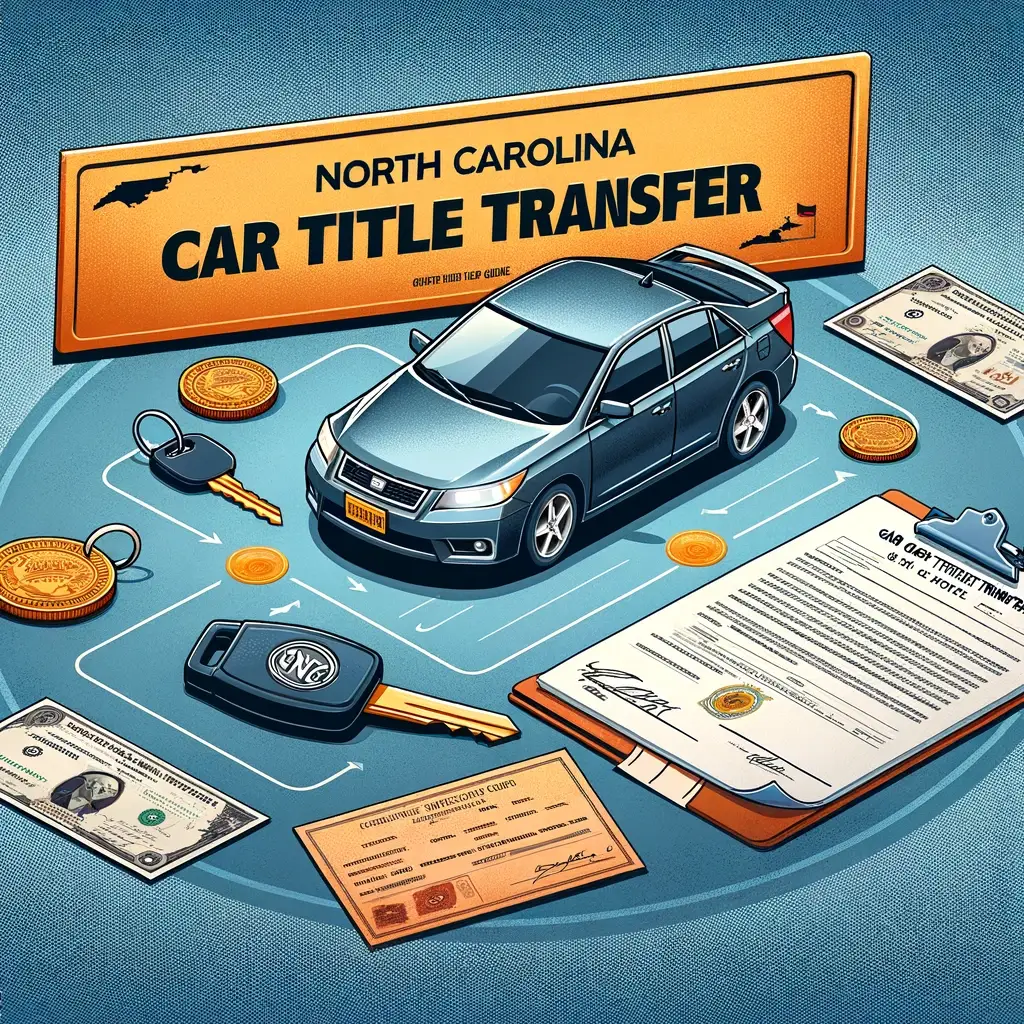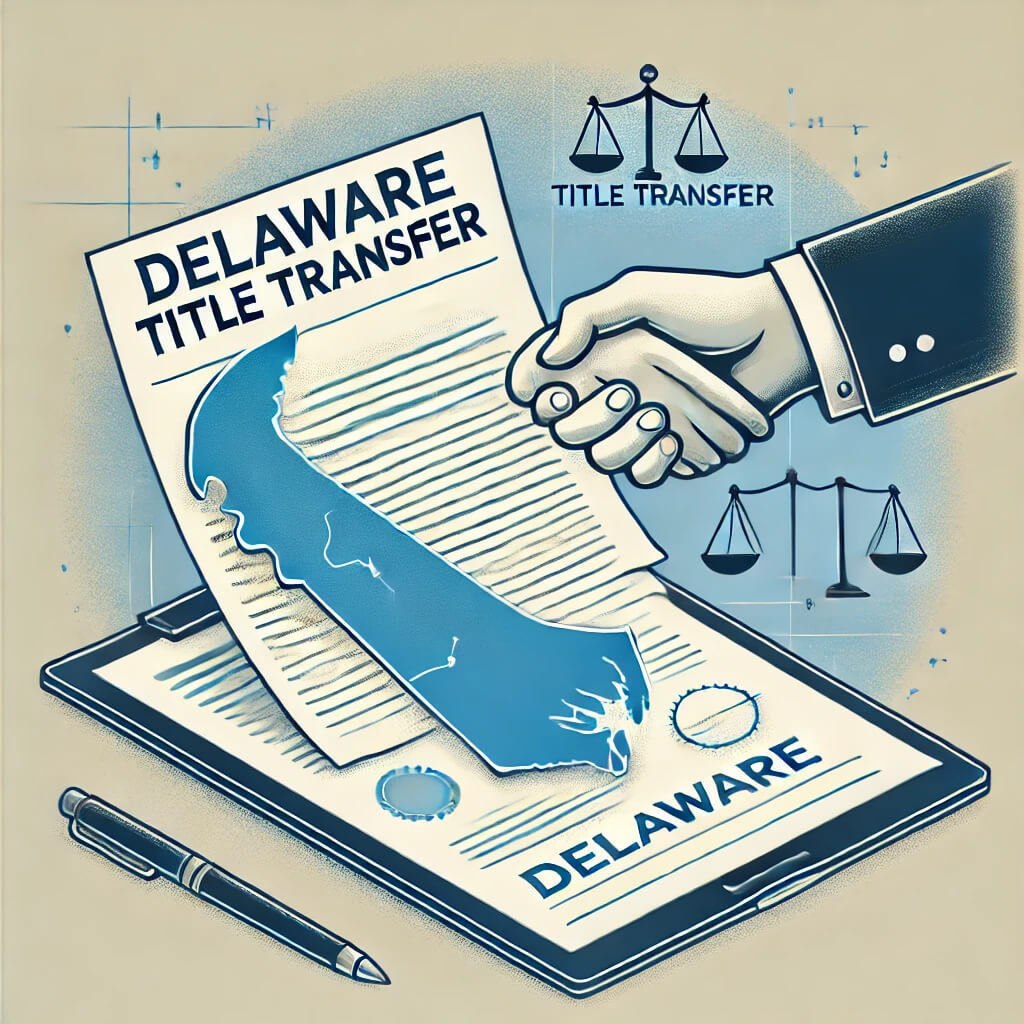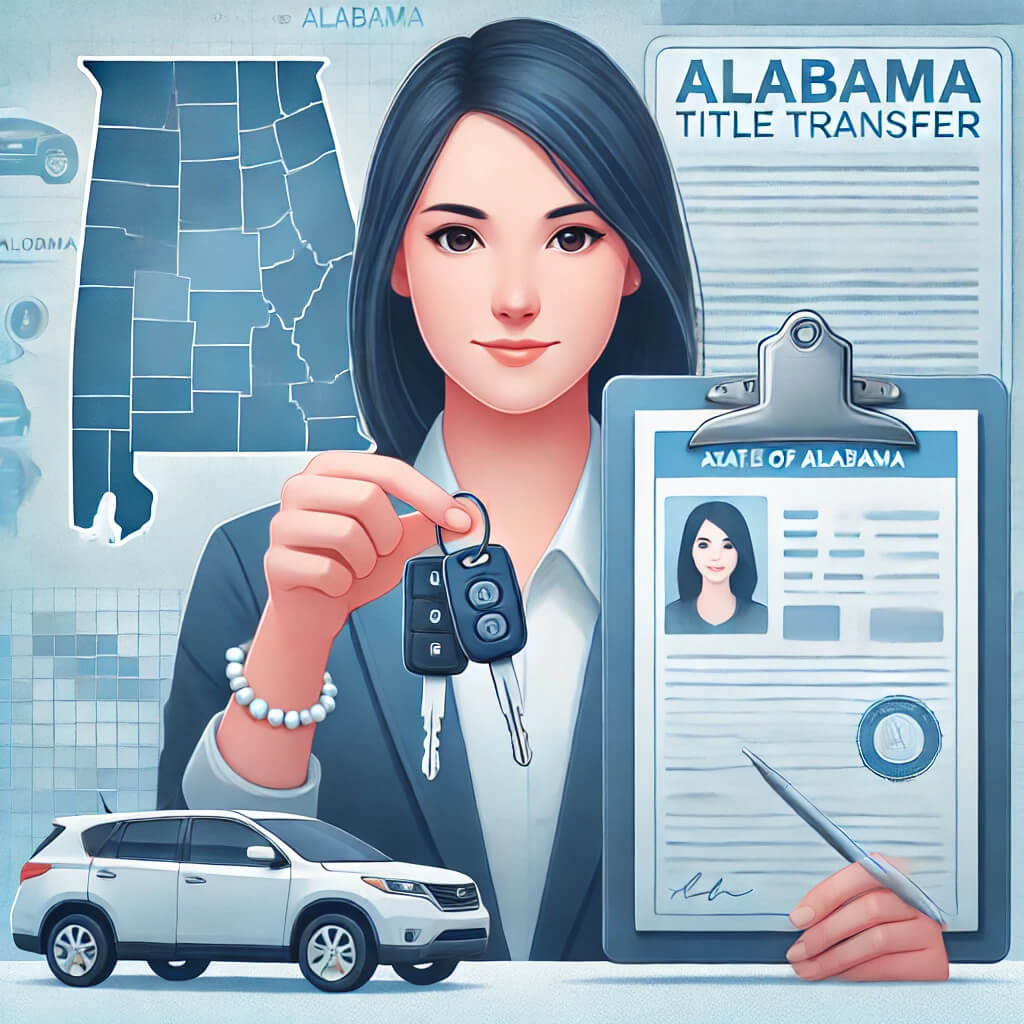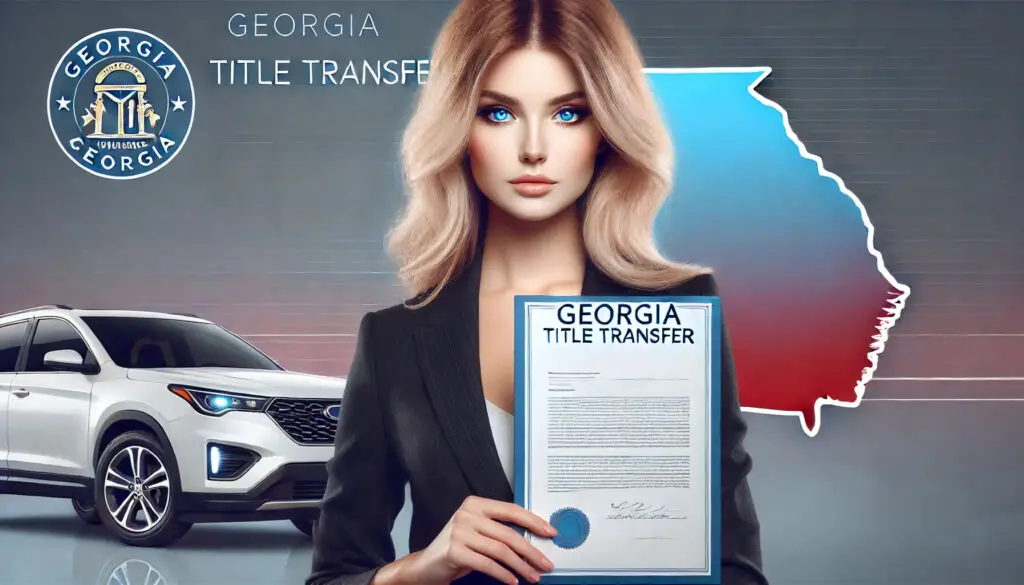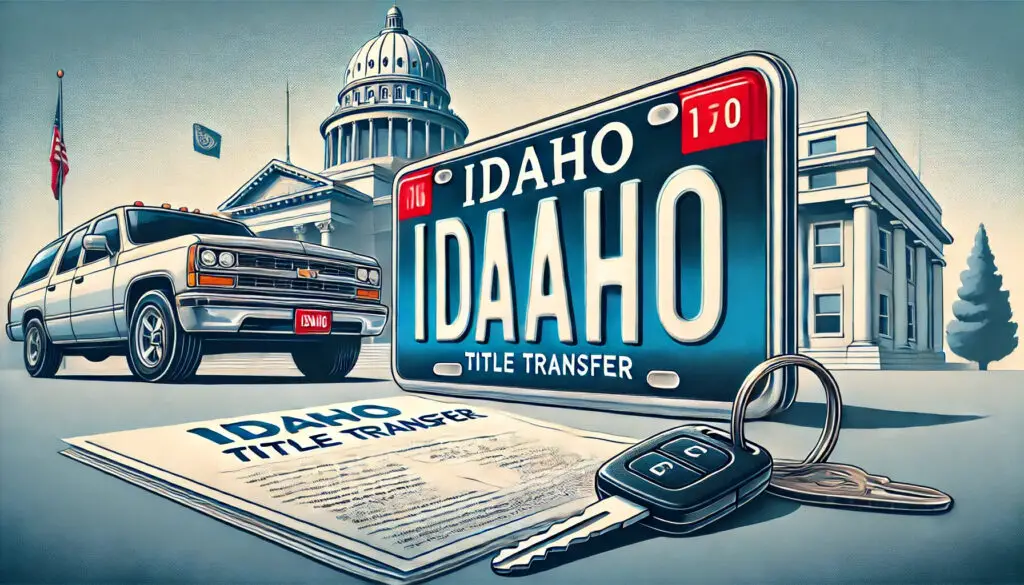Welcome to our comprehensive guide on the North Carolina car title transfer process in 2024. If you’re a North Carolina resident looking to transfer your car title, you’re in the right place. In this guide, we will walk you through each step of the title transfer procedure, providing detailed insights and instructions to make the process as smooth as possible. Our aim is to offer you the most up-to-date and comprehensive information available to ensure your success in transferring your car title.
Overview of Car Title Transfer in North Carolina
Before delving into the specifics, let’s understand the significance of a car title and why a title transfer is necessary.
What is a Car Title?
A car title is a legally binding document that serves as proof of ownership of a vehicle. It includes essential details such as the owner’s name, vehicle identification number (VIN), and other relevant information. Without a valid title, you cannot legally buy, sell, or transfer ownership of a vehicle in North Carolina.
Why is Title Transfer Necessary?
Title transfer is crucial as it officially documents the change in ownership of a vehicle. This process protects both the buyer and seller from any potential legal issues down the road. Timely title transfer ensures that the state recognizes the new owner as the legal possessor of the vehicle.
Step-by-Step Guide to Self-Service Title Transfer
Now, let’s dive into the step-by-step process of transferring your car title in North Carolina.
Preparation for Title Transfer
Before heading to the NCDMV (North Carolina Department of Motor Vehicles) agency, you need to prepare all the necessary documents. These documents are essential for a smooth title transfer:
- Proof of identification (e.g., driver’s license)
- Original car title signed by the seller
- Vehicle history report
- Odometer disclosure statement
- Bill of sale
- Proof of insurance
- Payment for title transfer fees
Understanding the Role of a Notary in Title Transfer
In North Carolina, many title transfer documents require notarization. A notary public is an impartial witness who verifies the authenticity of signatures on important documents. Having your documents notarized ensures their validity during the title transfer process.
Completing the Title Transfer Form
One of the critical documents you’ll need for title transfer is Form MVR-1, which is available on the NCDMV website. Let’s take a detailed look at how to correctly fill out this form.
A Detailed Look at Form MVR-1
Form MVR-1 gathers essential information about the buyer, seller, and the vehicle being transferred. It includes sections for vehicle details, purchase price, and odometer readings. Completing this form accurately is crucial to a successful title transfer.
How to Correctly Fill Out the Form
To correctly fill out Form MVR-1, follow these steps:
- Enter the vehicle’s make, model, year, and VIN.
- Provide the purchase price and date of sale.
- Complete the odometer disclosure section accurately.
- Both the buyer and seller must sign and date the form.
Verifying Ownership
Ownership verification is a critical step in the title transfer process. It ensures that the seller has the legal right to transfer the title to the buyer.
The Importance of Ownership Verification
Ownership verification prevents fraudulent title transfers and ensures that the vehicle is not stolen or encumbered by liens. This step protects both parties involved in the transaction.
Procedures for Ownership Verification in North Carolina
To verify ownership, follow these steps:
- Check the seller’s identification.
- Review the title to confirm it’s in the seller’s name.
- Examine the vehicle history report for any red flags.
Visiting the NCDMV License Plate Agency
With your documents in order, it’s time to visit your nearest NCDMV License Plate Agency for the title transfer.
Locating Your Nearest NCDMV Agency
Use the NCDMV website to find the nearest agency. Be sure to check their operating hours and any specific requirements.
What to Expect During Your Visit
When you arrive at the NCDMV agency, be prepared to:
- Present your documents for review.
- Pay the required title transfer fees.
- Complete any additional forms as needed.
Handling Liens and Encumbrances
If there is a lien on the vehicle title, it must be cleared before the transfer can proceed.
Understanding Lien on a Vehicle Title
A lien is a legal claim on the vehicle by a creditor until the debt is fully paid off. To proceed with the title transfer, you must clear this lien.
Steps to Clear a Lien Before Transfer
To clear a lien, follow these steps:
- Contact the lienholder and obtain a lien release statement.
- Submit the lien release to the NCDMV.
Odometer Disclosure and Damage Disclosure
Odometer disclosure is a vital part of the title transfer process.
Why Odometer Reading Matters
Accurate odometer readings protect buyers from unknowingly purchasing a vehicle with altered mileage. It’s crucial to provide an honest odometer reading.
Completing the Odometer and Damage Disclosure Statements
Complete the odometer and damage disclosure statements on the title and other relevant forms. Be honest and accurate to avoid legal complications.
Handling Special Cases
In some situations, such as inheriting a vehicle or transferring a title from out of state, additional steps may be necessary.
Inherited Vehicles
When inheriting a vehicle, you’ll need:
- The original title
- A copy of the will or court order
- A notarized affidavit of eligibility
Out-of-State Title Transfer
Transferring a title from out of state involves additional documentation, including a vehicle inspection and VIN verification.
Insurance Requirements
Proof of valid car insurance is essential during the title transfer process.
Proof of Valid Car Insurance in North Carolina
Before proceeding with the title transfer, ensure you have valid car insurance. You may need to provide proof of insurance during your visit to the NCDMV agency.
Fees and Charges
Let’s break down the title transfer fees to help you plan your budget accordingly.
Breakdown of Title Transfer Fees
The fees for title transfer typically include:
- Title fee
- Notary fee (if applicable)
- Registration fee (if applicable)
- Tax and lien recording fees (if applicable)
Ways to Save on Additional Costs
Explore any potential exemptions or discounts to minimize your title transfer expenses.
Post-Transfer Procedures
Now that you’ve completed the title transfer, let’s discuss what happens next.
What Happens After Title Transfer?
After a successful title transfer, you should:
- Update your vehicle registration.
- Obtain new license plates if necessary.
Common Mistakes to Avoid
To ensure a smooth title transfer process, be vigilant about avoiding common mistakes.
Errors in Documentation
Mistakes in documentation can lead to delays or complications. Always double-check your forms for accuracy.
Missing Deadlines
Timeliness is crucial. Missing deadlines can result in fines or other legal consequences.
Frequently Asked Questions
Here are answers to some common questions regarding North Carolina car title transfers.
What if I Lose My Title?
If you lose your title, you can request a duplicate from the NCDMV.
Can I Transfer a Title Online in North Carolina?
North Carolina does not currently offer online title transfers. You must visit a local NCDMV agency.
How Long Does the Title Transfer Process Take?
The title transfer process typically takes around 15-30 minutes, depending on your local agency’s workload.
What to Do if the Seller or Buyer is Out of State?
When the seller or buyer is out of state, additional steps may be required, such as coordinating with their local DMV.
Conclusion
In conclusion, successfully transferring a car title in North Carolina is a straightforward process when you have the right information and follow the necessary steps. This comprehensive guide has covered every aspect of the title transfer procedure, from preparation to post-transfer steps, to ensure that you have a smooth and hassle-free experience.
Additional Resources
For direct access to official forms and more information, visit the NCDMV website.
If you need further assistance or have specific questions, don’t hesitate to reach out to the NCDMV Support.
Now you’re well-equipped to navigate the North Carolina car title transfer process with confidence. Good luck with your title transfer, and safe driving!

